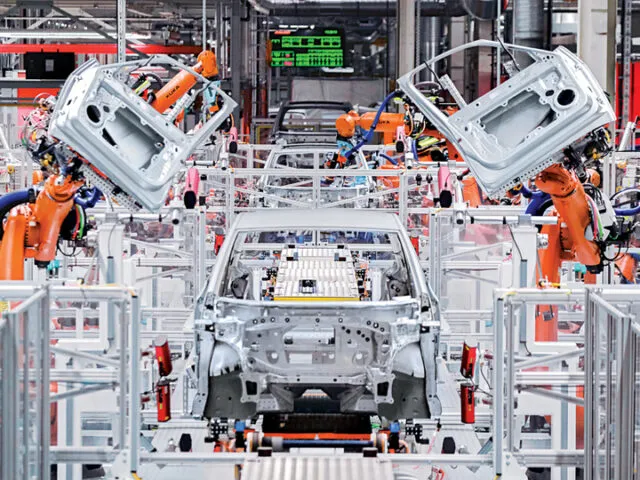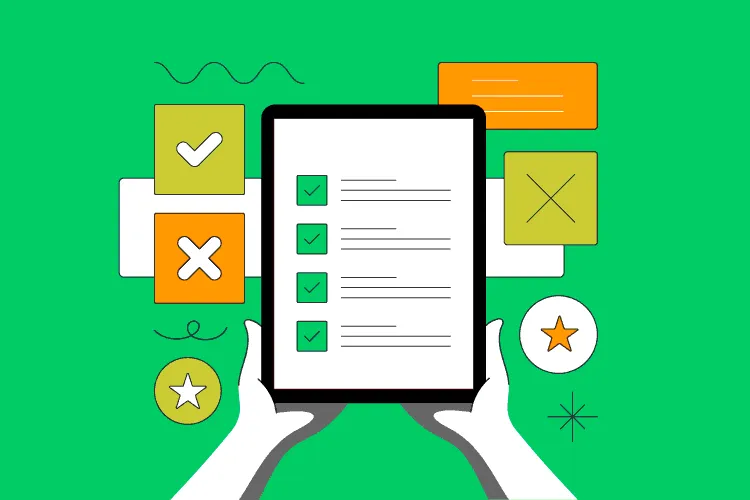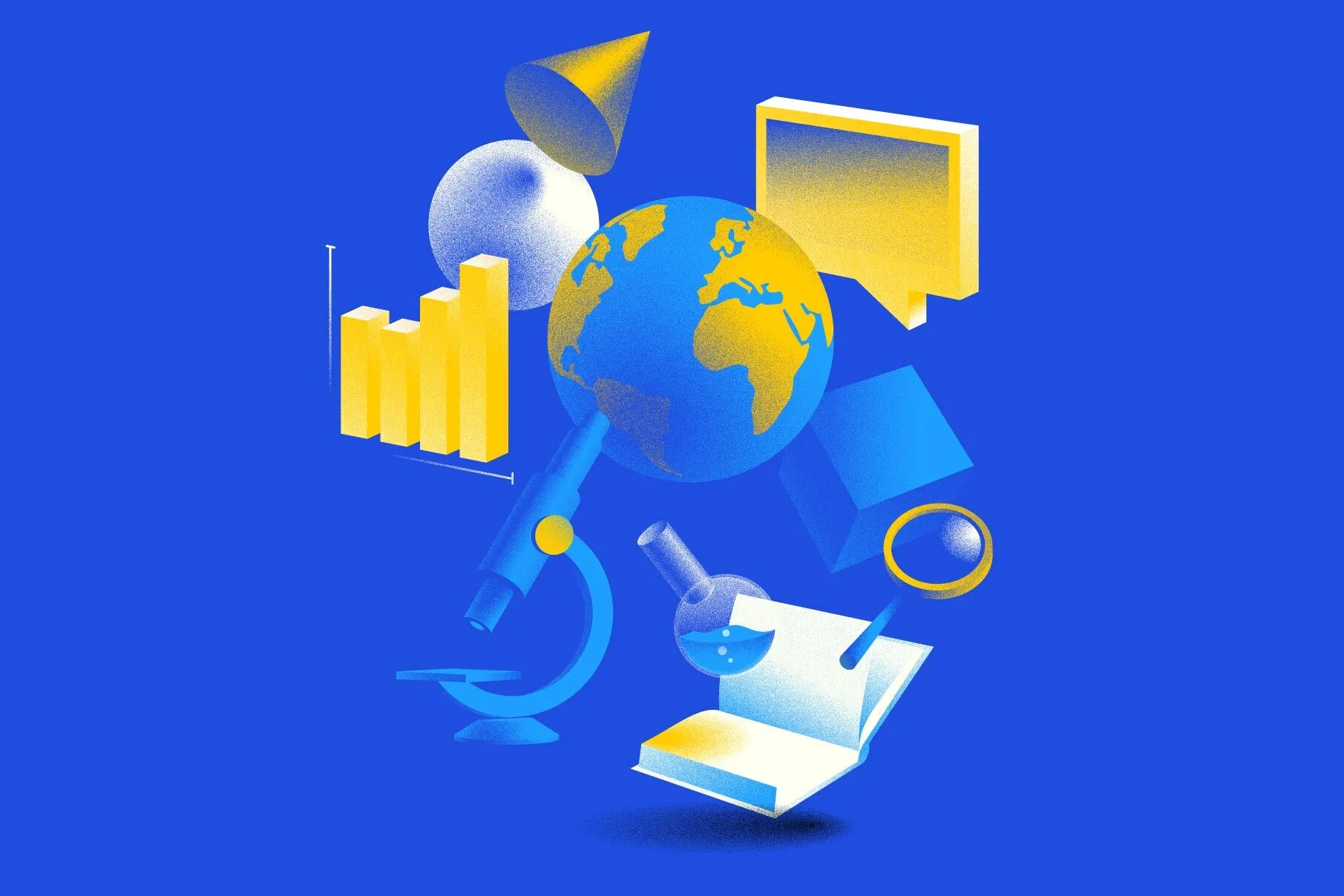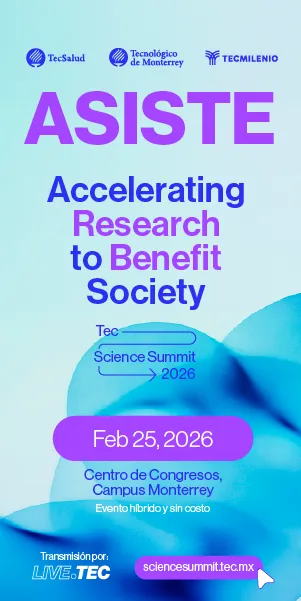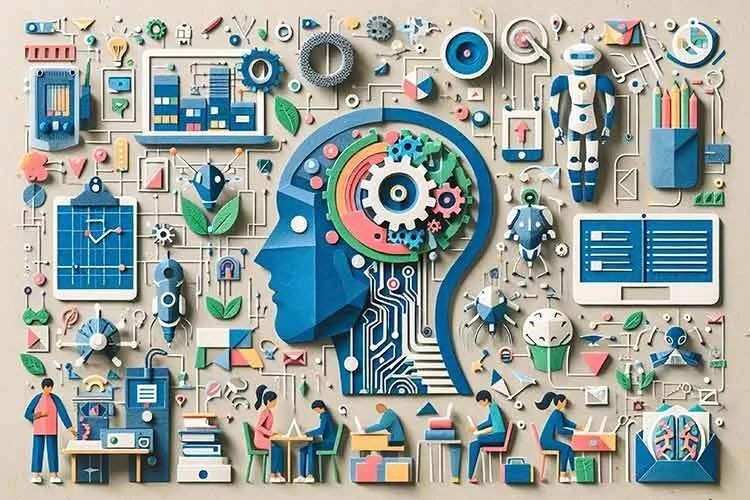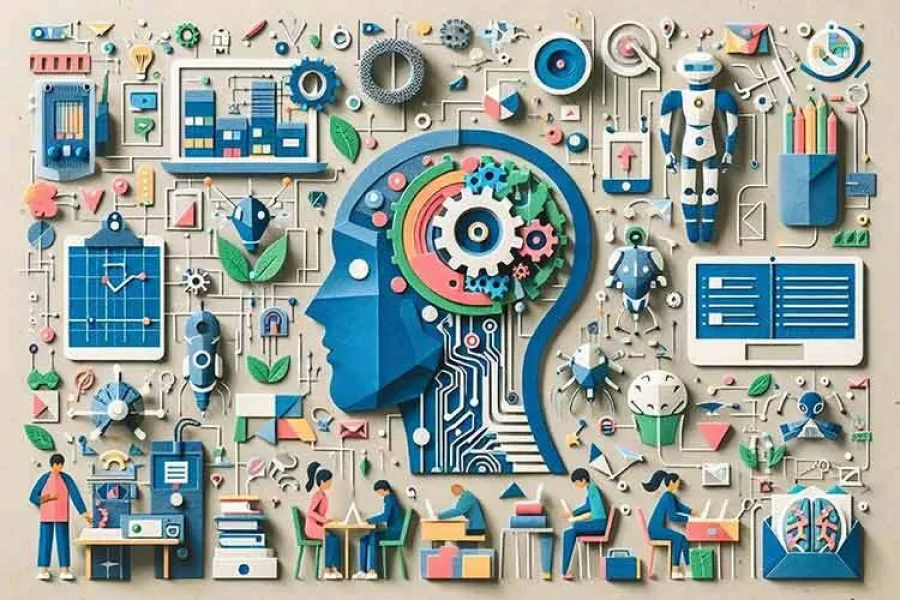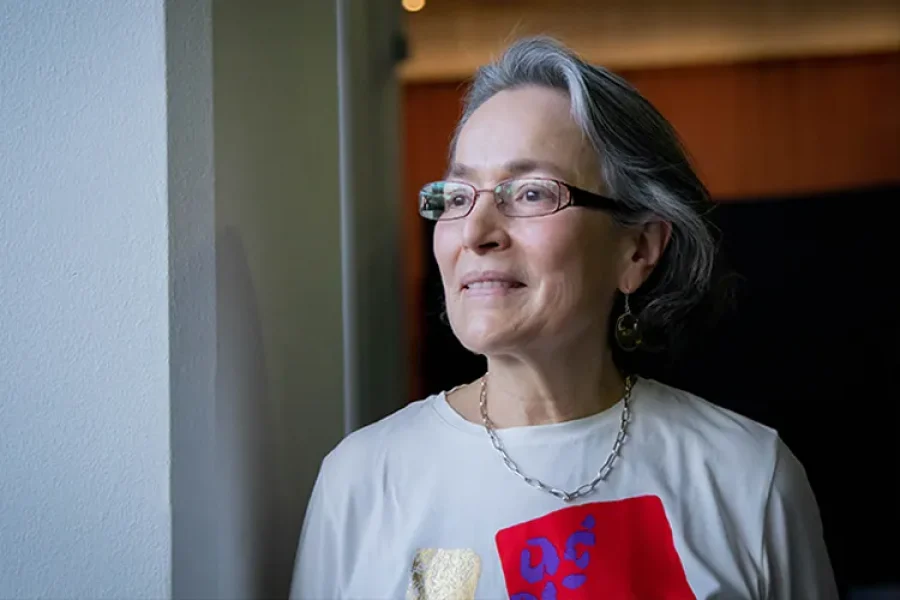In recent years, using Artificial Intelligence (AI) has become more common. It seems more integrated into our daily lives with apps like ChatGPT, Grammarly, and MidJourney.
However, there is still a lot of debate about whether this technology is good or bad for society. Experts also question how to use it in a way that is safe, efficient, and positive. For Rose Luckin, professor and researcher at the Knowledge Lab at the Institute of Education at University College London (UCL), the key is to find a way to help us enhance our intelligence.
Luckin has spent almost thirty years researching different technologies, such as machine learning and AI, focusing on their use in the educational field.
In 2018, along with Sir Anthony Seldon and Priya Lakhani, she founded the Institute for Ethical AI in Education intending to develop a regulatory framework that allows students and teachers to benefit from these technologies, while protecting themselves from its risks.
After her keynote conference, Education for the Future of Artificial Intelligence: Preparing Students for a Transformed World, held during the opening of IFE Conference 2024, the expert spoke with TecScience about what she believes AI should do for education.
“It’s really important that we see AI as a tool to make us smarter, not to dumb us down,” she said.

Enhancing human intelligence
To ensure that AI complements our capabilities, the first thing we need is to learn what is the difference between human intelligence and artificial intelligence.
“An example is understanding that an application like ChatGPT is very good at creating human-like text, but it doesn’t understand any of the words it writes. Only we can make sense of them,” she said in our interview.
According to her, AI does not have emotional intelligence, the ability to self-reflect and collaborate, or metacognition skills, the awareness of our thought processes, and the understanding of the patterns behind it, either.
Luckin warned that AI can automate different processes, such as text writing, translation between languages, object detection, or computer programming, among others, to optimize the execution of specific tasks.
In education, for example, it can help detect differences in learning patterns so we can understand distinct student profiles to make interventions at precise moments that help them increase their retention and understanding.
Another key aspect of getting it to help us is for scientific research and education systems to start focusing on how we are smart and AI is not, rather than how it is smarter than us.
“We really need to value the richness of our intelligence and build systems that support its elements,” Luckin said.
By doing so, we can encourage companies that create AI applications or products to do so, thinking about building the best relationships between humanity and these technologies.
“It’s very seductive when an AI seems to be able to do lots of the things that we don’t want to do,” she said. Therefore, we must carefully design them to enhance our abilities, not make our lives easier.
Changes in our cognition
According to the expert, it is very easy to fall into using technology that limits our cognitive abilities instead of enhancing them. Currently, different studies have found that our cognition and brain are changing due to the way we interact with technology.
Our ability to memorize, for example, has been modified because we use search engines like Google to access information quickly, without having to remember it. This is known as digital amnesia. The way we navigate the world has also changed through the use of GPS.
“For now, the big tech companies in Silicon Valley are very much dictating what happens with AI,” Luckin warned. “I’m not sure that’s a very healthy situation.”
For her, what’s worrying about this situation is that the use of AI has increased a lot, but the understanding of how it works and what has not.
This is why if we want to guarantee that these technologies help us, it is important to build a robust system where ethical and regulatory aspects are considered.
“Even more important is education,” she said. We need to create local collaboration networks between teachers, organizations that are specialized in AI – that can teach them how to use it to promote the learning of their students – and tech companies.
“AI is here, it’s everywhere and it is not going away,” she concluded.

